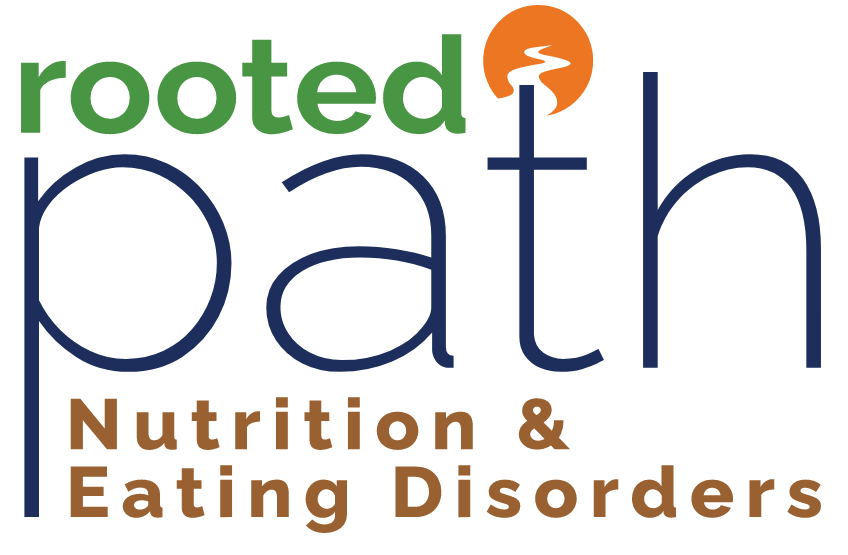See our previous blog Debunking Common Intuitive Eating Myths: Separating Fact from Fiction
The concept of Intuitive Eating has made its way into more widespread media and has gained popularity over the last few years. However many are still skeptical about this approach, and may even feel it could have more harmful effects than positive benefits. While nutrition support is individualized, intuitive eating can be a supportive tool for people to use while they are exploring their relationship to food and their bodies. Let’s break down some common myths that are associated with this anti-diet approach to nutrition.
Myth #6: Intuitive eating will result in binge-eating
Many fear that when following an intuitive style of eating, they will feel out of control around food. A crucial step of intuitive eating is exploring how different foods and different amounts of food feel in your body. This often requires a period of time that can feel really uncertain and uncomfortable, especially if typical restrictive diet approaches have been the norm. This step is crucial to better understand what eating pattern will feel most comfortable for you. While over-eating can happen, that’s great data to have for future decisions made around food, and a great opportunity to normalize this experience around food.
Myth #7: Intuitive eating ignores all other nutrition recommendations
While intuitive eating is a much more flexible approach than what people are typically expecting to get when working on health and nutrition goals, it is not meant to be used as a replacement to all other recommendations. Intuitive eating is a great way to strengthen and honor the internal cues that our body can provide for us, while also being mindful of specific allergies, intolerances, supplement or medication needs, etc. It is a tool to help people improve their overall relationship with food, while also managing other aspects of their health and wellness.
Myth #8: Intuitive eating is only helpful for eating disorder support
Intuitive eating can be helpful for some people recovering from an eating disorder. However, depending on where each individual is in their recovery, there is often a period of time where hunger and fullness cues are affected and will need to return before safely following an intuitive style of eating.
Intuitive eating can be supportive for anyone looking to improve their relationship with food and body, regardless of whether they have any diagnosis of an eating disorder. In fact it can be common for people to struggle with food rules and food anxieties because of commonly engrained beliefs stemming from diet culture.
Myth #9: Intuitive eating means only eating when you feel physically hungry
Honoring hunger and fullness is an important aspect of intuitive eating, however intuitive eating acknowledges four types of hunger. This means that when practicing eating intuitively, there are emotional, pleasurable and practical uses of food in addition to the physical cues that tell us it may be a good time to eat.
An example of practical hunger would be if someone has a long meeting scheduled during their typical lunch hour, and decides to eat beforehand even though they are not yet experiencing strong physical feelings of hunger. This is considered eating intuitively, knowing that they will likely perform at their meeting better and avoid some stronger and more uncomfortable hunger cues if they were to miss lunch altogether.
Myth #10: Intuitive eating is a short term solution to a long term problem
Practicing a new way of interacting with food is a process that takes time, trust and dedication. Every day, week and month can look different when it comes to properly nourishing yourself, and eating intuitively can evolve differently for each individual. Strengthening the skill of eating intuitively is not something that happens overnight, and that is why it can offer long-term and sustainable results.
Interested in learning how to eat intuitively?
Learn more about our group program, Unlearning Diet Culture.
The next cohort starts April 24th 2025!
The providers here Rooted Path Nutrition & Eating Disorders can be a helpful resource to support you through this process. Accountability, education and offering a compassionate view point can make all the difference while learning to trust your body’s cues. Here at Rooted Path we believe that everyone deserves to feel safe and confident while learning to honor the needs of their body. Don’t hesitate to reach out and get support today.

